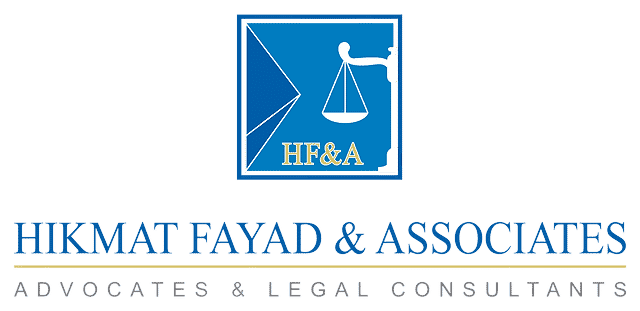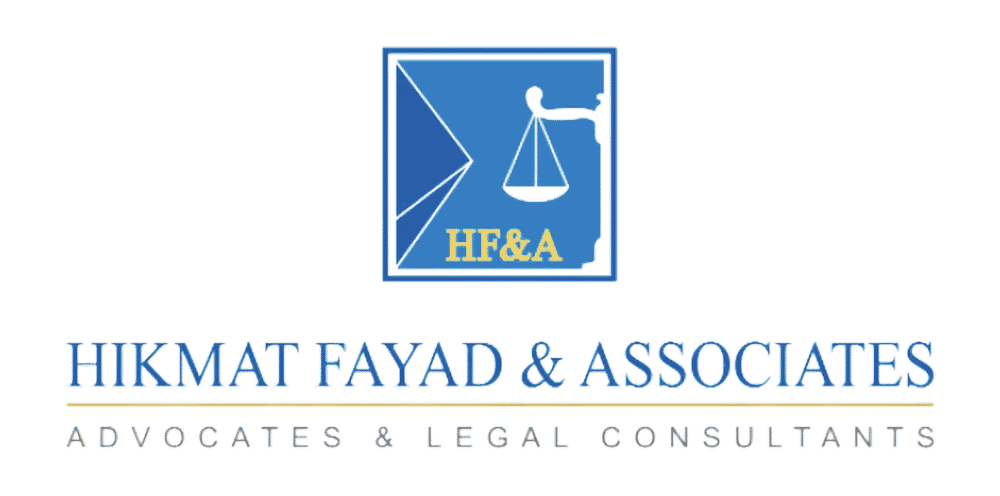- Our Services
- Our Expertise
- Arbitration and Mediation
- Advertising Agencies
- Banking and Finance
- Construction and Infrastructure
- Corporate Governance
- Corporate Structuring
- Distributor and reseller
- Employment Law
- Franchising Arrangements
- Financial Crime
- Import Export Business
- Intellectual Property
- Initial Public Offering
- Insurance
- Litigation
- Memorandum of Understanding
- Private Equity
- Private Clients
- Patents and Copyrights
- Private Notary Services
- Wills
- About Us
- Contact Us
- Careers
- Blog
- Call Us :+971 4 2222 888
- Our Services
- Our Expertise
- Arbitration and Mediation
- Advertising Agencies
- Banking and Finance
- Construction and Infrastructure
- Corporate Governance
- Corporate Structuring
- Distributor and reseller
- Employment Law
- Franchising Arrangements
- Financial Crime
- Import Export Business
- Intellectual Property
- Initial Public Offering
- Insurance
- Litigation
- Memorandum of Understanding
- Private Equity
- Private Clients
- Patents and Copyrights
- Private Notary Services
- Wills
- About Us
- Contact Us
- Careers
- Blog
- Call Us :+971 4 2222 888
Insurance

Insurance

- specific types of financial crime risks it is exposed to and develop strategies to mitigate those risks.
- Customer due diligence: It is necessary that your firm conducts customer due diligence on a regular basis, including identity verification and ongoing monitoring, to detect and prevent financial crime.
- Employee training: We have a wide array of experts that can provide regular training to your employees on financial crime risks and compliance with laws and regulations.
- Internal controls: Legal experts should assist your firm in implementing internal controls, such as segregation of duties and transaction monitoring, to detect and prevent financial crime.
- Suspicious activity reporting: Your firm should have a suspicious activity reporting (SAR) system in place and ensure that all employees know how to report suspicious activities.
- Third-party risk management: A firm should conduct due diligence on its third-party vendors and partners to ensure that they also comply with laws and regulations related to financial crime.
7. Incident response plan: A professional insurance company should have an incident response plan in place to respond to financial crime incidents quickly and effectively.
8. Auditing and monitoring: Best industry practices advise to conduct regular audits and monitoring to ensure that its financial crime prevention measures are effective and to identify potential issues early on.
Overall, having a robust compliance program, conducting regular risk assessments, implementing effective internal controls, providing training to employees, and having a well-defined incident response plan are some of the keyways a firm can protect itself from financial crime.
About Us
Hikmat Fayad & Associates is a full service leading law firm established in the UAE since 1971, with offices in Dubai & Beirut.
Subscribe
Send an email and you will receive our newsletters.
© 2024 Hikmat Fayad & Associates. All Right Reserved.
Developed by Webcap

